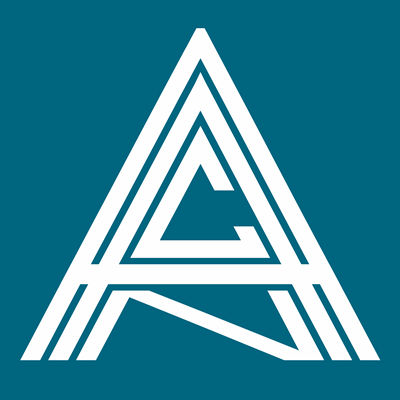Hasegawa T1, Kato T1, Kida Y2, Hayashi M3, Tsugawa T4, Iwai Y5, Sato M6, Okamoto H7, Kano T8, Osano S9, Nagano O10, Nakazaki K11.
Objective
The aim of this study was to explore the efficacy and safety of stereotactic radiosurgery for patients with facial nerve schwannomas (FNSs).
Methods
This study was a multi-institutional retrospective analysis of 42 patients with FNSs treated with Gamma Knife surgery (GKS) at 1 of 10 medical centers of the Japan Leksell Gamma Knife Society. The median age of the patients was 50 years. Twenty-nine patients underwent GKS as the initial treatment, and 13 patients had previously undergone surgery. At the time of the GKS, 33 (79%) patients had some degree of facial palsy, and 21 (50%) did not retain serviceable hearing. Thirty-five (83%) tumors were solid, and 7 (17%) had cystic components. The median tumor volume was 2.5 cm (3), and the median prescription dose to the tumor margin was 12 Gy.
Results
The median follow-up period was 48 months. The last follow-up images showed partial remission in 23 patients and stable tumors in 19 patients. Only one patient experienced tumor progression at 60 months, but repeat GKS led to tumor shrinkage. The actuarial 3 and 5-year progression-free survival rates were 100% and 92%, respectively. During the follow-up period, 8 patients presented with newly developed or worsened pre-existing facial palsy. The condition was transient in 3 of these patients. At the last clinical follow-up, facial nerve function improved in 8 (19%) patients, remained stable in 29 (69%), and worsened in 5 (12%; House-Brackmann Grade III in 4 patients. With respect to hearing function, 18 (90%) of 20 evaluated patients with a pure tone average of ≤ 50 dB before treatment retained serviceable hearing.
Conclusions
GKS is a safe and effective treatment option for patients with either primary or residual FNSs. All patients, including one patient who required repeat GKS, achieved good tumor control at the last follow-up. The incidence of newly developed or worsened pre-existing facial palsy was 12% at the last clinical follow-up. In addition, the risk of hearing deterioration as an adverse effect of radiation was low. These results suggest that GKS is a safe alternative to resection.
World Neurosurg. 2015 Aug;84(2):292-300. doi: 10.1016/j.wneu.2015.03.012. Epub 2015 Mar 16.
